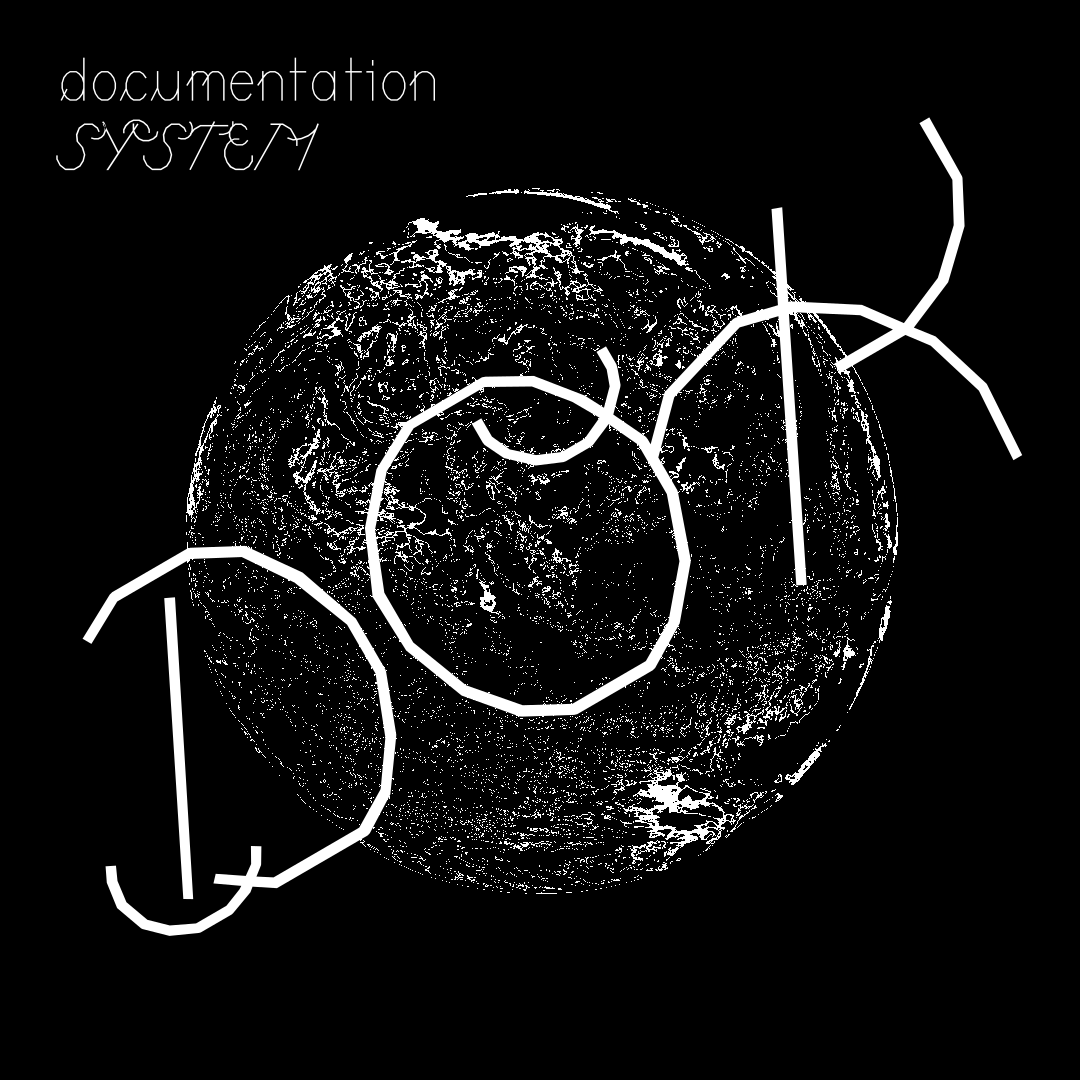Dok is a documentation tool/system that helps you to document (almost) everything. It can be seen as a personal assistant, it invites you to write, organize and then publish your personal knowledge online.
Dok is currently in full development. Things will be broken, then repaired, then broken again.
To use it is to accept its experimental phase.
Clone this repository into your project folder. In addition to this repository, you will have a content folder, where you will have your own folders, markdown files, media files, etc. and an automatically generated public folder.
my-dok # your project folder
├── dok # this repository (inside your project folder)
│ ├── requirements.txt # python dependencies
│ ├── script.py # dok script
│ └── settings.yml # default settings
│ └── assets # default CSS
│ └── templates # default templates
│ └── ...
├── content # your content
│ ├── 2021-01-01-about # an article folder
│ ├── _index.md # an article content file
│ └── ...
├── assets # your own assets that overwrite the main ones
│ ├── css
│ ├── style.scss # your own scss styles
├── public # public files, automatically generated
└── ...
Dok requires Python. You can download it from the official Python website, for Linux, Mac OS X or Windows.
PIP, the package manager for Python, is also required to run Dok. The Python installer installs pip, so it should be ready for you to use. You can verify that pip is available by running the following command in your console: $ pip --version. It should give you information about the current pip version, if it is correctly installed.
In order to install the dependencies, open a terminal and make sure you are inside the dok folder:
$ cd my_project/dok
And run:
$ pip install -r requirements.txt
Create a new folder somewhere on your computer, let's say in a 'repo' folder where you have all your git repositories:
$ cd repo
$ mkdir my-dok
$ cd my-dok
Once you have created your main folder, git clone this repository into it.
$ git clone git@github.com:antoinestudio/dok.git
Create a new folder in the content folder. Note that if this is your first article, you may need to create the content folder.
The name of a folder is composed of two elements: creation_date-article_slug. A slug is a short name given to an article that will be used to identify it, and later to create its URL.
Inside this folder, create a file named _index.md in which you will write your article.
For example: 2021-03-01-about, where 2021-03-01 is today's date and about is the slug of my article.
From the main project folder:
$ python dok/script.py
Open your web browser and visit the path provided by the script when you run it. Under Linux, this looks like: file:///home/antoine/repo/my-project/public/index.html.
